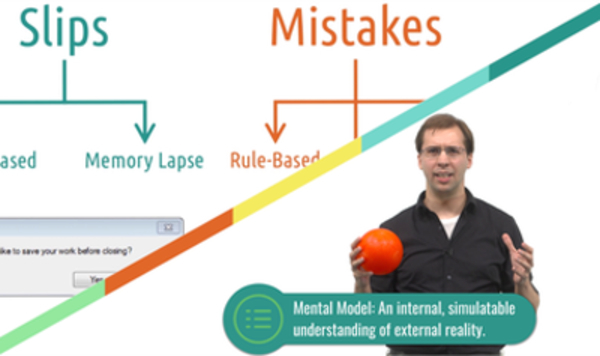Price:
5013 EUR
Contact
Georgia Institute of Technology
Description
This course takes you through lessons 9 through 13 of CS6750: Human-Computer Interaction as taught in the Georgia Tech Online Master of Science in Computer Science program.
In this course, you’ll expand the scope through which you view human-computer interaction. You’ll start by going further inside the user’s mind to understand the role of mental models in guiding a user’s interaction with your system. A good user interface designer understands the mental models of their users and how representations can be used to correct those mental models.
You’ll then learn methods for breaking down user behavior into more objective, discernible, and measurable chunks. Through the principles of task analysis and with artifacts like GOMS models, you’ll discover how to take the often-ethereal patterns of human interaction and distill them into externalizable, manipulable chunks. You’ll also learn how to use these artifacts to inform the design and improvement of interfaces.
You’ll then widen your view to look at the context in which your interfaces are deployed. You’ll begin by learning about distributed cognition, which includes the notion that humans may offload cognitive tasks onto interfaces, and that humans and interfaces together may be considered higher-level cognitive systems. You’ll also learn about theories for investigating interaction in context, such as activity theory and situated action, and the role that human improvisation plays in any interface we design. Through these lenses, you’ll be equipped to design not just user interfaces, but user experiences developed with an understanding of the context around the interaction.
You’ll conclude by expanding your view even further to investigate how interfaces interact with society itself: both how society guides the interfaces we create, and how the interfaces we create affect society. You’ll learn how interface design can be used to address societal issues, but also how it can have danger unintentional side effects.
By the end of the course, you’ll have a deeper understanding of how human cognition interacts with user interfaces, and how user interfaces in turn interact with the world. You’ll be able to design interfaces that consider what the user knows and what is going on around the user.
Specific details
Category of Education
Computer Sciense and IT







 How to resolve AdBlock issue?
How to resolve AdBlock issue? 


Comments (0)